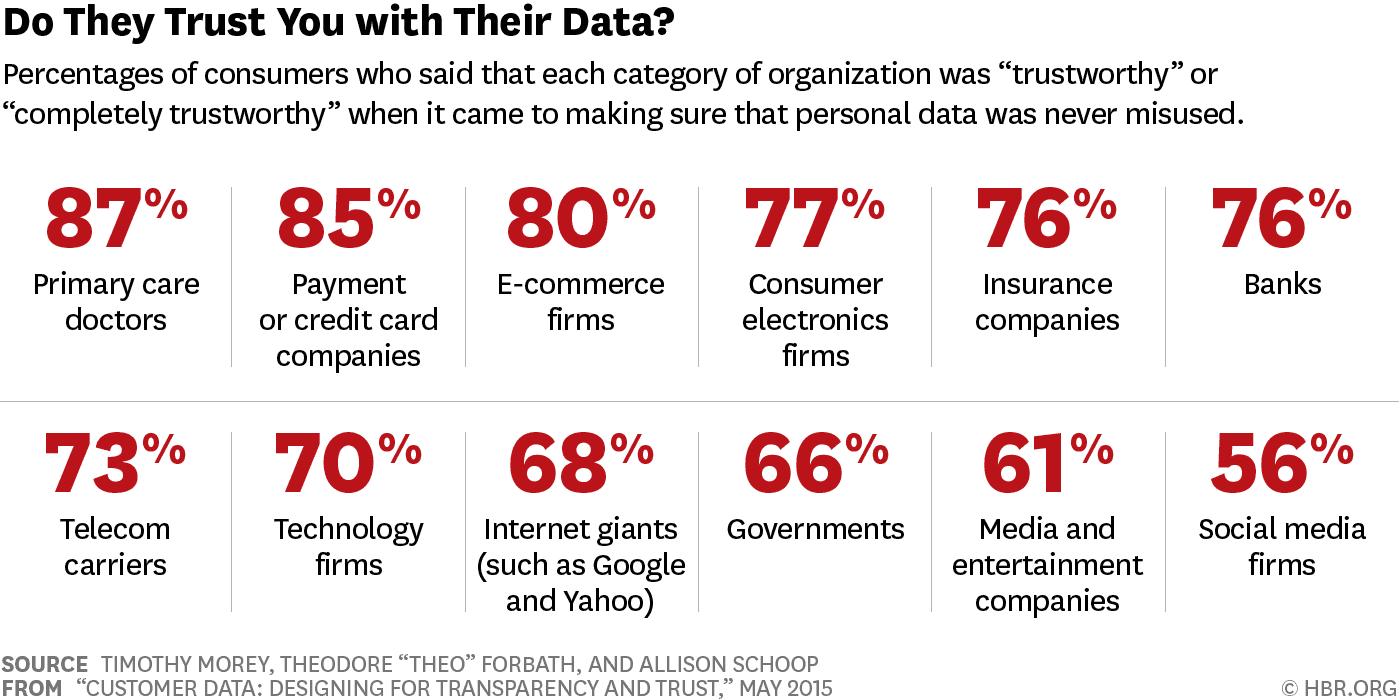
If you are considering using a robo-advisor, you should know the facts about Personal Capital. It offers many free financial tools but it charges a monthly subscription fee to offer advisory services. Personal Capital: Is it worth the high price tag? It is a scam or a good idea? Are they offering a quality service? Read on to find out. Remember, no one wants a high-priced financial advisor that doesn't help them reach their financial goals.
Personal Capital can be a robo-advisor
Personal Capital is a great option for those with less than $1million in assets. Personal Capital offers automated algorithms and human contact, as well as personalized asset management. This allows you to do what you love and not worry about your investments. Personal Capital's fees can be compared to a fee for a financial planner who is fee-only.
Unlike traditional financial advisors, robo-advisors charge lower fees. You typically pay a small percentage on your account balance. This is an excellent option for those with less than $1,000,000. Personal Capital also offers free financial services to help optimize your portfolio.

It offers financial tools for free
Personal Capital is a personal finance program that consolidates multiple investment accounts into one account. This allows you to see how your portfolio is performing. The portfolio's performance can be compared to the S&P500 or the DOW. It can also help you decide the best asset mix for you based your risk tolerance, time horizon, and other factors.
The software lets you connect all of your bank accounts and investments. This process takes only 10 minutes. Personal Capital also allows for the export of all transactions. To do this, log into the website or mobile app using Chrome or Firefox, click on Transactions/All Transactions, then choose CSV. Personal Capital is completely free and can be used to track your financial position.
It charges a flat fee for advisory services
Personal Capital charges fees that are lower than many financial advisors. These fees include investment management, trade cost and custody fees. The service also provides a dedicated account manager and adviser to each client. Personal Capital manages money at Pershing advisor Solutions, while other financial advisors allow their clients to keep their money with any brokerage. The company can tailor its approach to each client's specific financial goals. The company also offers tax efficiency, asset placement, tax-loss harvesting, and tax efficiency.
Personal Capital offers portfolio tracking, retirement planning, and retirement planning. The website also offers an investment checkup tool which analyzes user profiles to provide investment recommendations. This feature gives personalized feedback and assesses how fund fees impact an investor’s portfolio.

It's a reputation fraud
There are many Personal Capital reviews. While some may seem positive, there is no reason why you should believe them. This is a scam that relies on affiliates to create falsely positive reviews. Personal Capital does have some fantastic products, but their motives are questionable.
One of the biggest concerns about Personal Capital is that they make big claims about their investment strategy. They claim that they can produce higher returns with fewer risks. They also claim to outperform the S&P 500 index with individual stocks. Personal Capital has faced many complaints from investors over their advisory services.
FAQ
Which industries use consultants?
There are many different types. Some are specialists in one type or another of business.
Some consultants work exclusively for private businesses, while others represent large corporations.
Some consultants can also help businesses all around the globe.
Can anyone become a consultant
Consultants are people who help you reach your goals by giving advice about how to make it better, faster, or cheaper.
You may need a consultant to help you with problems, make decisions or negotiate with others.
Consultants are often hired for specific projects or tasks.
In fact, most consultants are paid hourly or daily rates rather than per project.
Why would a company pay a consultant?
A consultant provides expert advice on how to improve business performance. They don't sell products.
A consultant assists companies in making better decisions by offering sound analysis as well as suggestions for improvement.
Consultants often work closely alongside senior management teams to help understand what they need to succeed.
They also offer leadership training and coaching to ensure that employees are able to perform at their best.
They might advise businesses on how to reduce costs, streamline processes, or increase efficiency.
What qualifications do you need to become a consultant in order to get your degree?
The best way to become an expert on any subject is by studying the subject thoroughly and then practicing what you have learned.
You can learn all you need to know to become a great consulting professional by starting to study now.
You may not be able to get hired if you don't have relevant experience but a degree. You could still apply if you are able to show that you have the same subject knowledge as the people who were hired.
But remember, employers will always look for candidates with real-world expertise.
How did modern consulting come to be?
The first consultants were accountants that helped companies manage finances. Because they were skilled in managing financial information, they became "accounting consulting". They soon expanded their roles into other areas like human resources management.
The term "consultant" came from the French word for "to advise." It was used by businessmen to describe someone who could offer advice on how to run an organization. Today, business owners still use the term consultant to refer to any type of professional advisor.
How does consulting differ from freelancing?
Freelancers, who are self-employed and provide services to clients without the need for employees, are independent contractors. They charge hourly rates depending on the amount of time spent on a client's projects. Consultants work for companies and agencies that employ them. Their salaries are usually paid monthly or annually.
Consultants have less flexibility than freelancers because they can control their work hours, and set their own prices. However, consultants often have better benefits, such as health insurance, vacation days, sick leave, retirement plans, etc.
What qualifications are required to become a consultant?
You don't just need to have a MBA, you also need to demonstrate your ability as a business consultant. You should have at least two years of experience in consulting and/or training for a major company.
You will need to have worked closely alongside senior management teams in order to develop strategy projects. This means you'd have to be comfortable presenting ideas to clients and getting buy-in.
A professional qualification exam, such as the Certified Management Consultant (CMC), of the Chartered Management Institute (CMI), is also required.
Statistics
- According to statistics from the ONS, the UK has around 300,000 consultants, of which around 63,000 professionals work as management consultants. (consultancy.uk)
- So, if you help your clients increase their sales by 33%, then use a word like “revolution” instead of “increase.” (consultingsuccess.com)
- "From there, I told them my rates were going up 25%, this is the new hourly rate, and every single one of them said 'done, fine.' (nerdwallet.com)
- According to IBISWorld, revenues in the consulting industry will exceed $261 billion in 2020. (nerdwallet.com)
- Over 62% of consultants were dissatisfied with their former jobs before starting their consulting business. (consultingsuccess.com)
External Links
How To
How To Find The Best Consultant?
Ask yourself what you want from your new consultant before you start looking. Before you begin looking for a consultant, it is important to know what your expectations are. Before you start looking for a consultant, make a list. This could include things like; professional expertise, technical skills, project management ability, communication skills, availability, etc. After you have listed your requirements, it might be a good idea to ask colleagues and friends for their recommendations. Ask them what their experience with consultants was like and how they compare to yours. Research online if you don’t already have recommendations. There are many websites that allow users to leave feedback about their previous work experiences, such as LinkedIn and Facebook, Angie's List or Indeed. You can use the comments and ratings left by others to help you find potential candidates. Once you have narrowed down your list, reach out to potential candidates and set up an interview. Talking through your requirements during the interview is a good idea. Ask them questions about how they can assist you in achieving those goals. It doesn't really matter if they were recommended; as long as they understand your business objectives, they will be able to show how they could help you achieve them.